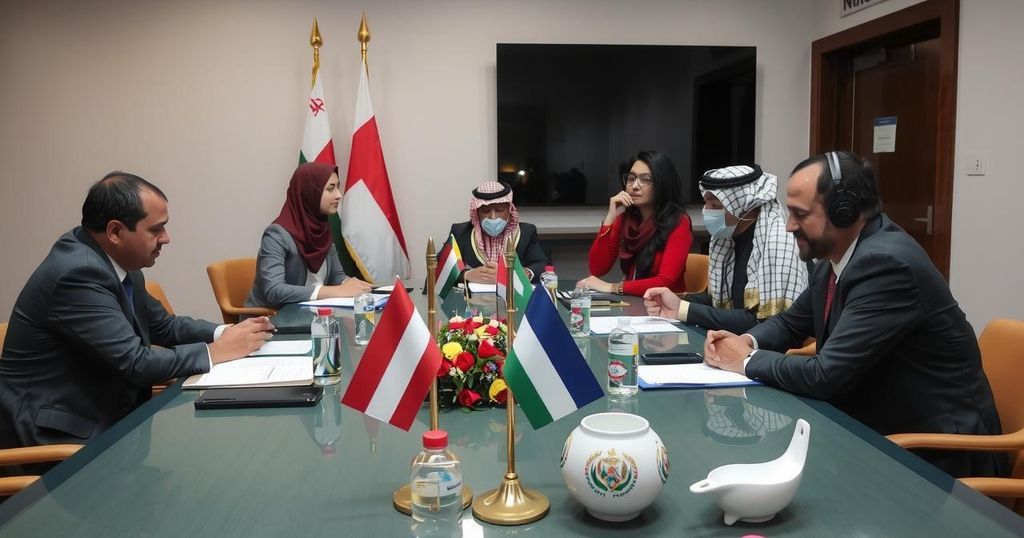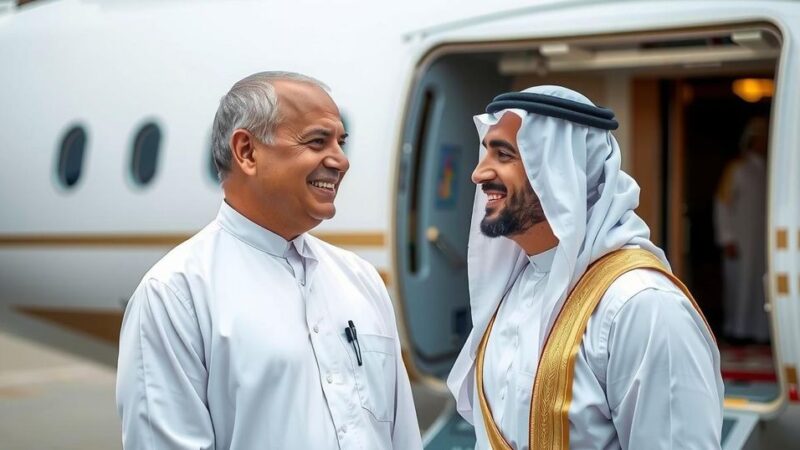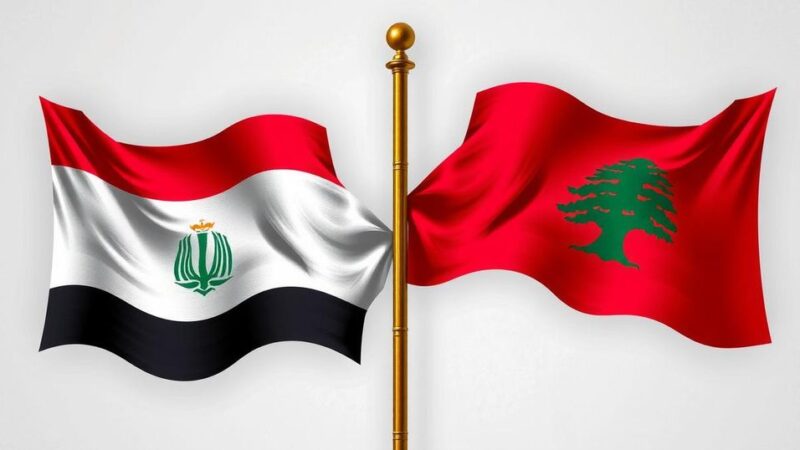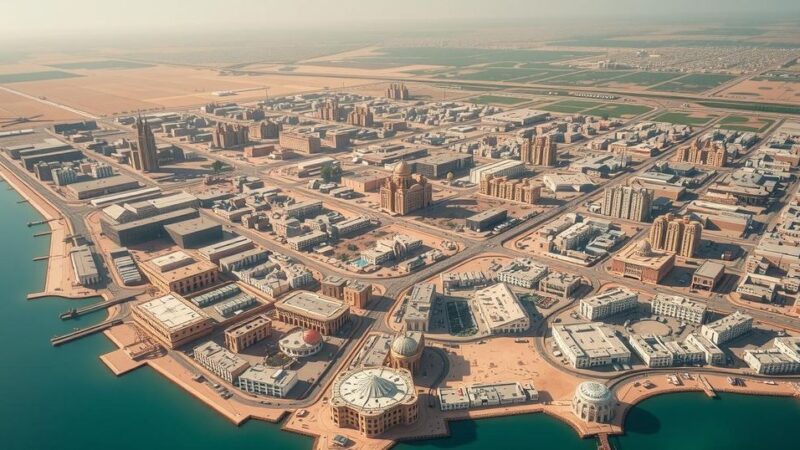The UAE is in discussions with Israel and the U.S. about a potential role in postwar Gaza, contingent on conditions including reforms in the Palestinian Authority and commitment from Israel to a two-state solution. Israeli officials have dismissed the PA’s role, complicating matters further as the UAE seeks to avoid facilitating Israeli military presence.
The United Arab Emirates (UAE) has engaged in talks with Israel and the United States regarding a potential role in the reconstruction of Gaza following the conflict. However, a UAE official emphasized that the conditions necessary for their involvement remain unmet. While Israeli Prime Minister Benjamin Netanyahu has identified the UAE and others as prospective partners for governance in Gaza after the war, the UAE has firmly stated its refusal to contribute to any plans perceived as enabling the Israeli presence in the region.
Informal discussions have taken place; yet, parties have failed to meet the UAE’s preconditions, which include a formal invitation from a new Palestinian Authority (PA) Prime Minister deemed credible and independent, a commitment by Israel to a two-state solution, and active leadership from the United States. The UAE has long called for significant reforms within the PA, considering its current leadership to be problematic.
Despite suggestions of a role for the PA in postwar governance, Israeli officials have consistently rejected this possibility. Reports have also emerged regarding the UAE’s proposal to incorporate private military contractors as part of a peacekeeping strategy in Gaza, although the UAE official refrained from commenting on this suggestion. The UAE normalized relations with Israel through the Abraham Accords in 2020 and has maintained these relations amid the ongoing conflict in Gaza.
The discussions surrounding the UAE’s potential role in postwar Gaza unfold against the backdrop of a longstanding Israeli-Palestinian conflict. The UAE’s previous normalization of relations with Israel under the Abraham Accords marks a significant shift in Middle Eastern geopolitics, opening avenues for cooperation. The Palestinian Authority, however, faces criticism for alleged corruption and inability to represent Palestinian interests effectively, complicating its eligibility for governance roles in Gaza’s reconstruction. The UAE’s insistence on reforms within the PA reflects broader concerns regarding the legitimacy and effectiveness of Palestinian leadership in negotiations and governance, reinforcing its conditions for any participation in post-conflict arrangements.
In summary, the United Arab Emirates is actively discussing its potential involvement in the reconstruction of Gaza, contingent upon specific preconditions that include credible Palestinian leadership and a commitment to a two-state solution by Israel. Despite informal talks, significant alignment on these preconditions has yet to be achieved. The UAE’s insistence on governance reforms underscores ongoing challenges within Palestinian leadership, which could impact stability and cooperation in the region.
Original Source: www.wral.com







